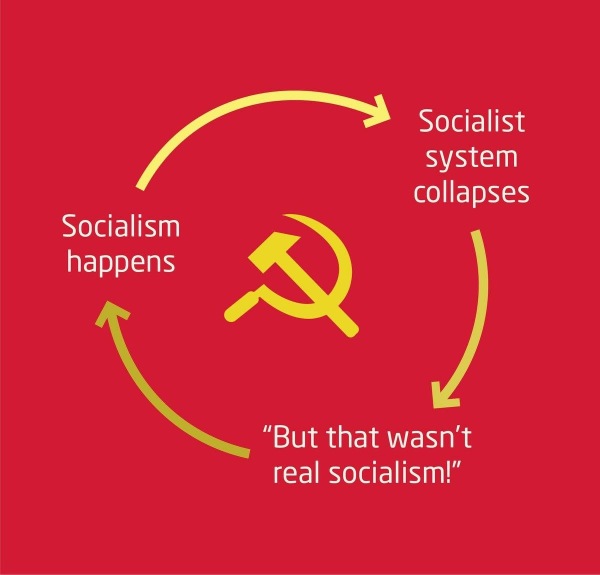Back in 2014, I wrote a column asking my leftist friends two very serious questions. And I often repeat these questions when debating proponents of bigger government.
- Can you name a nation that became rich with statist policies?
- Can you name a nation that with interventionism and big government that is out-performing a similar nation with free markets and small government?
I’ve yet to receive a good answer to either question. Many leftists point to certain European welfare states, but I debunk that claim by pointing out that those nations became rich when government was very small (about 10 percent of GDP, about one-half the size of the current Hong Kong and Singapore public sectors).
Others point to rapid growth in China, but that’s rather silly since improvements in that country’s economy are the result of partial liberalization. In any event, it’s not that difficult to have rapid growth rates when starting from a very low level. But even with a couple of decades of good growth, living standards in China are still relatively low.
So my challenge remains. I want a leftist (or anybody) to identify a successful statist nation, but I’m not holding my breath for good answers.
Yet even though the real-world evidence against big government is so strong, it’s rather baffling that many young people are drawn to that coercive ideology and disturbing that a non-trivial number of voters favor this failed form of statism.
The London-based Institute for Economic Affairs has released a video on the false allure of socialism.
I suppose a caveat might be appropriate at this stage.
Socialism has a technical definition involving government ownership of the means of production and central planning of the economy.
But most people today think socialism is big government, with business still privately owned but with lots of redistribution and intervention (I’ve argued, for instance, that even Bernie Sanders isn’t a real socialist, and that there are big differences between countries like Sweden, China, and North Korea).
For what it’s worth, that’s actually closer to the technical definition of fascism. But I guess I’m being pedantic by wanting more precision in how terms are used.
In any event, the IEA video is spot on. If you like videos debunking socialism, I have other examples here, here, and here.
Last but not least, here’s my favorite visual from the IEA video.


